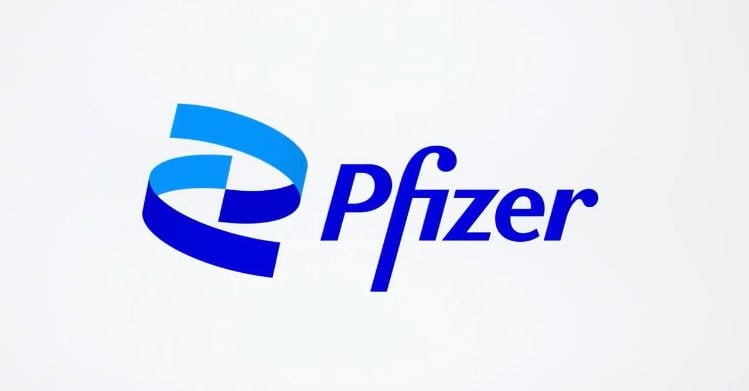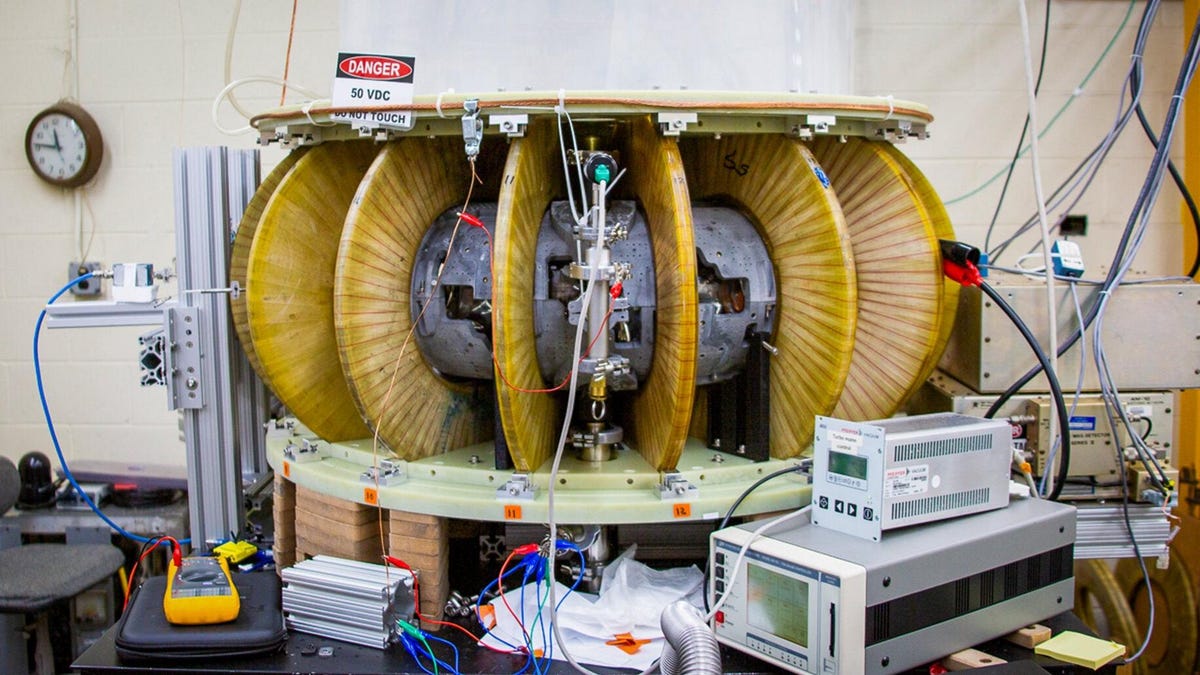Pfizer’s Synthetically Bioengineered Rennet and Its Role in Cheese Production
Many consumers might be astonished to discover that the cheese they consume, unless labeled USDA organic, likely contains a form of synthetic rennet bioengineered by Pfizer. Commonly known as microbial rennet, the source of this rennet does not have to be disclosed on food labels, leaving most Americans unaware of the presence of non-natural components in their food.
Understanding the Role of Rennet in Cheese Making
Dr. Ashley Armstrong from Global Research advocates for natural rennet over its synthetic counterpart, emphasizing that cheese production traditionally involves only four ingredients: milk, salt, starter culture, and animal rennet. Rennet plays a crucial role in curdling the cheese and separating the curds from the whey. While animal rennet has been a traditional source, other options including vegetable rennet, microbial rennet, and the genetically modified FPC (fermentation-produced chymosin) have emerged.
Animal rennet typically consists of 90% chymosin and 10% pepsin enzymes, which contribute to a distinct taste profile in the final cheese product compared to chymosin alone.
The Legal Framework Allowing Synthetic Rennet Production
The Supreme Court’s pivotal 1980 ruling that new life forms can be patented paved the way for the development of synthetic rennet. This decision granted manufacturers the authority to produce alternatives such as FPC, particularly when the price of animal rennet surged due to the diminishing veal industry amid growing animal rights concerns.
In response to the scarcity of calf rennet in the 1960s and 70s, companies sought a rennet substitute. The emergence of recombinant DNA technologies in the 1980s facilitated the creation of microbial rennet as a viable alternative.
Regulatory Approval and Technological Advancements in Rennet Production
In 1990, the FDA set a precedent by allowing the incorporation of FPC, the first bioengineered product, in food products. Pfizer played a significant role in perfecting the manufacturing process of FPC through gene splicing and recombinant DNA technology. By isolating and purifying bovine chymosin from microbial sources, Pfizer was able to produce significant quantities of rennet, surpassing traditional calf rennet in availability.
** Read the full article here at Frontline.news.
Image/Photo credit: source url





